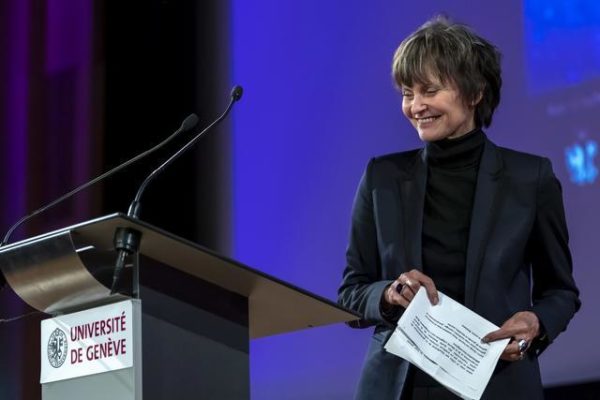The former Swiss President and GESDA Board member in an interview with Geneva Solutions
In this interview, Michel Calmy-Rey reveals more about the launch of the Geneva-Zurich Center for Science and Diplomacy, which aim is to address the future of global governance and multilateralism, and to do so by identifying fields of scientific research.
“The first goal is the ‘scientification’ of diplomacy, she says. We try to find solutions using scientific tools. We do this by integrating science in the search for solutions to international problems. And the second goal is to promote the science of negotiation itself, or what we call ‘diplomatic engineering’.”
For Micheline Calmy-Rey, Science diplomacy “is important in today’s world where international conflicts are becoming more and more complex and technical, and new scientific breakthroughs could facilitate diplomacy and multilateral solutions. And currently, research is not sufficiently coordinated and disseminated, and ministers, people who make decisions, are not sufficiently informed about new technologies.”
Furthermore, “in a negotiation, you always have the general and global analysis of the situation and the environment in which the negotiation takes place. And that today is done by individuals researching documents etc. Here we could automate this analysis of the situation or of an international issue. It would be much more objective, much more refined, it would take less time, and it could be used by diplomats, by negotiators, for their negotiations. We could make ideal models of agreement where each party would be a winner, for example. It would not eliminate the role of the diplomat of course, because each party in a conflict has its interests; it is never the ideal win-win solution and we could therefore try to bring the parties as close as possible. Having gone through different negotiations, I can tell you that it would be really useful.”
To learn more:
- Full interview to be read here in English. Translation into French available on Heidi.news website.
Photo credit © Keystone









